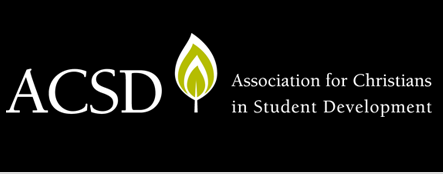Home > Other Collections > ACSD > Growth > No. 14 (2015)
Abstract
African-American students who attend a CCCU institution do not complete their degrees as frequently as other student groups. The average gap at CCCU institutions between “overall and Black graduation rates is more than 19%. This is greater than the gap at other private institutions” (Smith, 2009a, p. 80). While the six-year graduation rate for African-American students at private universities averages 51%, colleges and universities in the CCCU average only 36%. CCCU graduation rates are 9.5% lower than other private institutions due to CCCU affiliation alone. “CCCU affiliation was the only variable to have a significantly more negative association with Black graduation rates than with overall graduation rates” (Smith, 2009a, p. x).
This study examined the experiences of African-American students within the context of Council for Christian Colleges and Universities (CCCU) institutions. While previous research explored African-American graduation rates, the unique spiritual context of Christian colleges and institutions in the CCCU had not been adequately studied. The purpose of this research was to explore the perceptions of African-American students regarding their experiences at CCCU institutions in order to identify the barriers and hindrances encountered by these students in their pursuit of a degree.
A qualitative, case-study methodology was utilized to conduct nine focus groups with African-American students at three CCCU institutions in the Western region. The sample was comprised of 51 African-American students who had completed at least four semesters at the institution. Themes unique to each school were identified and a cross-case analysis was conducted. The findings indicated the experiences of African-American students at CCCU institutions were similar to other predominantly White institutions without a spiritual affiliation. The unique context of the spiritual environment did not create an environment that promoted African-American student success and did not positively impact African-American students according to their expectations. The findings indicated there are aspects of the environment at CCCU institutions which can be improved to enhance the experiences of African-American students.
Recommended Citation
Young, Timothy
(2015)
"The Invisible Wall: Exploring the Experiences of African-American Students at CCCU Institutions,"
Growth: The Journal of the Association for Christians in Student Development: Vol. 14:
No.
14, Article 6.
Available at:
https://pillars.taylor.edu/acsd_growth/vol14/iss14/6
Included in
Educational Assessment, Evaluation, and Research Commons, Educational Leadership Commons, Higher Education Commons, Higher Education Administration Commons, Teacher Education and Professional Development Commons

